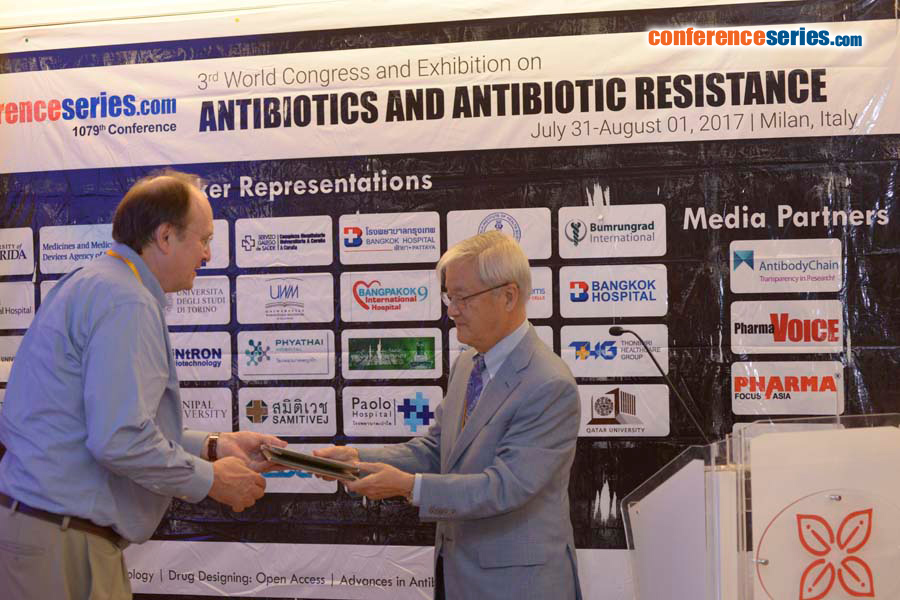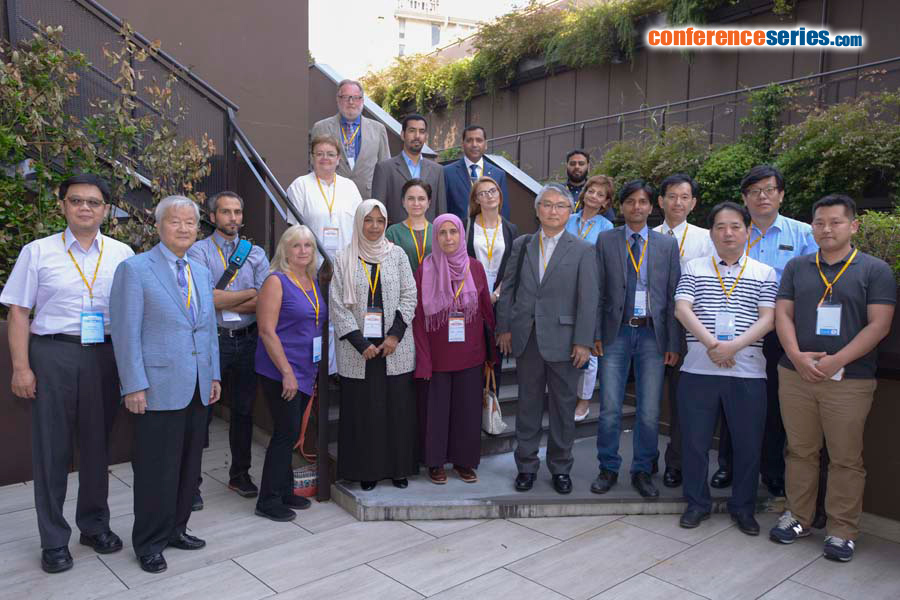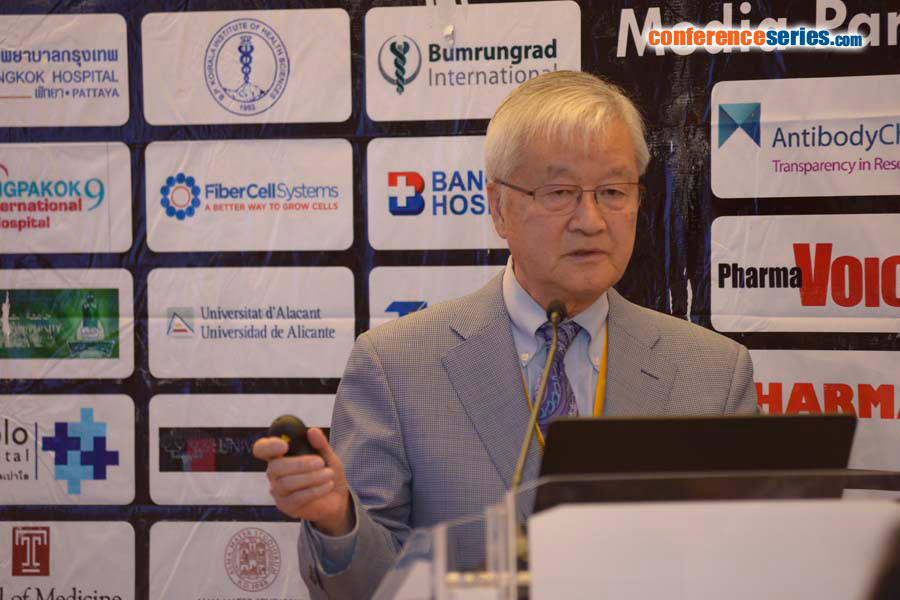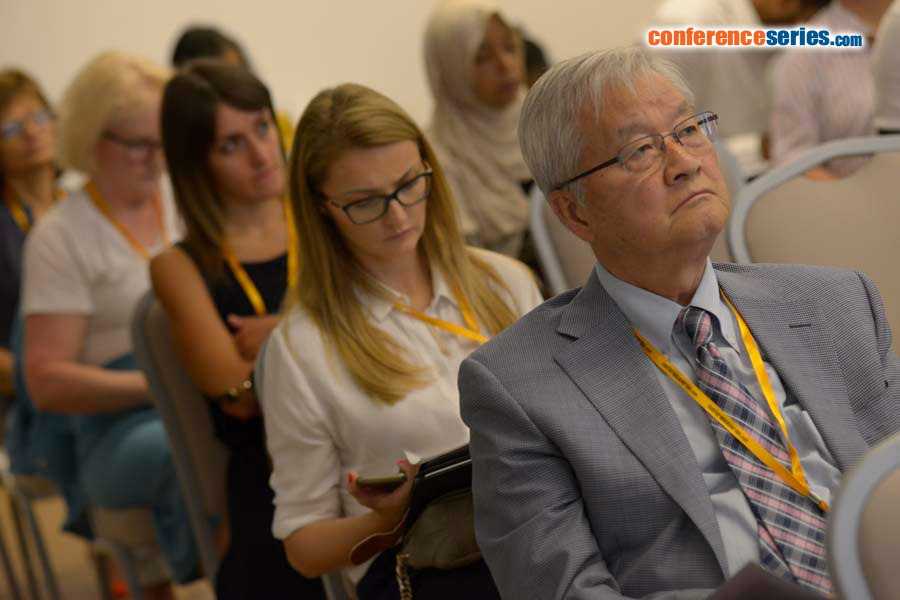
Byungse Suh
Temple University, USA
Title: Bacteriophage therapy as an effective alternative to antibiotics
Biography
Biography: Byungse Suh
Abstract
Bacteriophages, viruses that parasitize bacteria, were first discovered by Frederick Twort over a century ago in 1915. They were independently rediscovered by Felix d’Hérelle in 1917, and he coined the term, bacteriophage that translates into bacterial eater from the Greek. Shortly afterward, bacteriophages were used as therapeutic agents for bacterial infections during the 1920s and 30s. Phage research and therapy was actively pursued in the country of Georgia and other parts of east and central Europe well into the 1970s. However in most parts of the world, the discovery of safe and effective antibiotics replaced phage therapy. Bacteriophages are widely distributed around the planet and the estimate is that there are 1031 phage particles – a number that is ten to one hundred times the number of bacteria. Phages are host specific and rely on the presence of attachment sites that are not only species but often strain specific. Thus when they are applied, they can eliminate the bacterium of interest without disturbing the rest of the microbial flora. Now that antibiotic resistance has become widespread and the number of new antibiotics has dwindled, it is critical to look at new strategies for the management of multi-drug resistant organisms. The list of alternatives includes vaccines, monoclonal antibodies and phages. While phages are not currently used for direct therapeutic benefit, they have been applied in Europe to eliminate the pathogen, Listeria, from cheese products. In the past, phages were directly administered to humans for the treatment of dysentery, Pseudomonas aeruginosa-mediated chronic otitis or pulmonary infection, vancomycin-resistant Enterococcus faecium sepsis, mixed infections caused by Staphylococcus aureus and Streptococcus pyogenes, E. coli O157:H7 enteric infection and infections in cystic fibrosis patients caused by Burkholderia cenocepacia. Any effort to restart the therapeutic usage of bacteriophages would require research funding and development of regulations parallel to those in place for antibiotics or other drugs licensed for use in humans.






